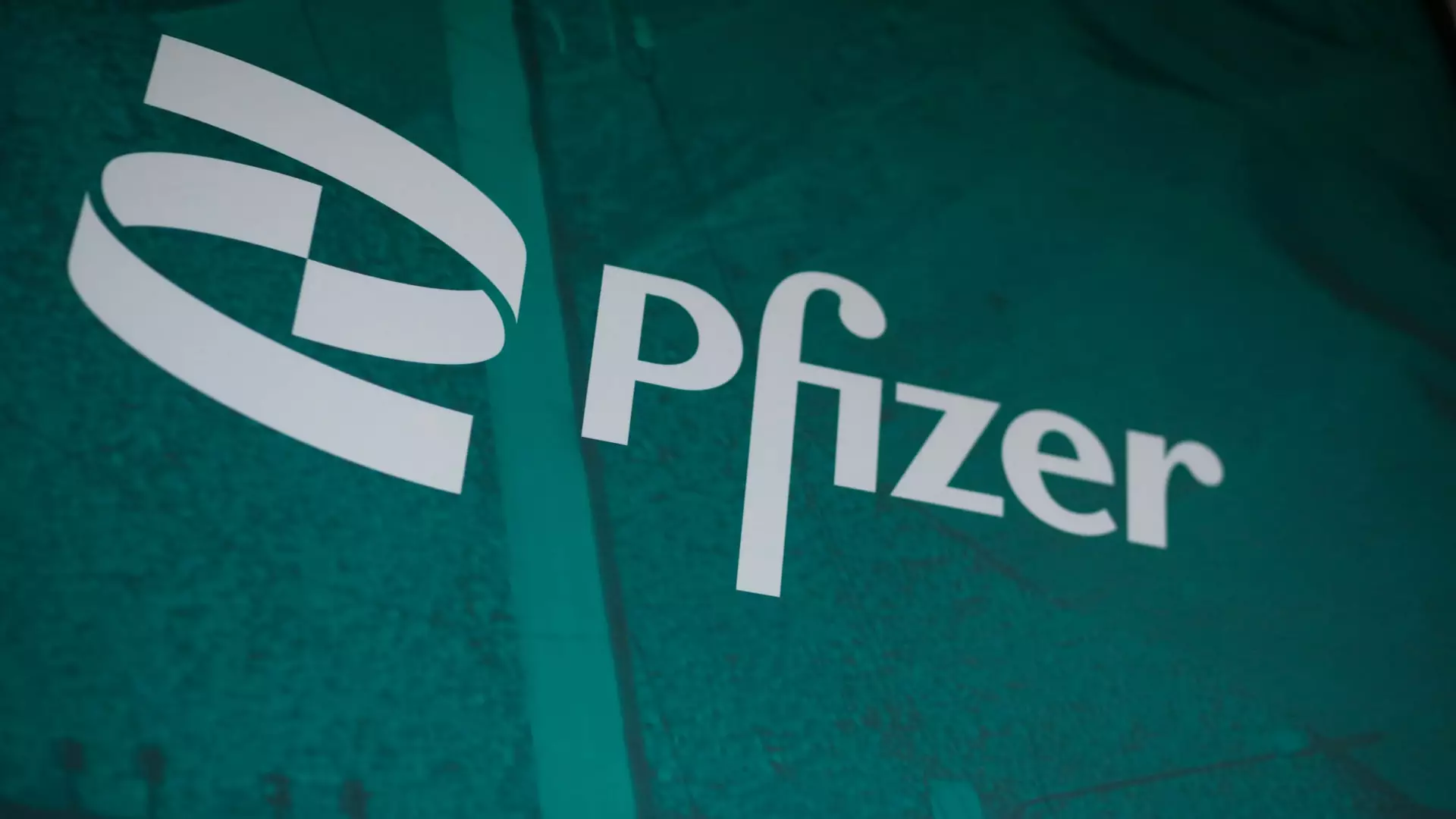Cancer cachexia is an undertreated condition that significantly affects cancer patients, leaving them frail and malnourished, with dire implications for their health and quality of life. Recent developments from Pfizer highlight the potential of their monoclonal antibody, ponsegromab, to address this critical issue. Positive results from a midstage clinical trial have ignited hope for the estimated 9 million individuals worldwide suffering from this debilitating condition.
Cancer cachexia is not merely a symptom of the disease; it is a syndrome that interferes with a patient’s nutritional status and overall well-being. Defined as an involuntary weight loss of more than 5% within six months in conjunction with severe fatigue, cachexia complicates cancer treatment by diminishing patients’ stamina, responsiveness to therapies, and overall survival rates. It is particularly common in cancers such as pancreatic, colorectal, and non-small cell lung cancer. Tragically, it is reported that about 80% of cancer patients with cachexia succumb within one year of diagnosis.
In clinical terms, the condition leads to profound muscle wasting and fat loss, leaving patients weak and often unable to perform even basic daily tasks. Understanding the severity of cancer cachexia is crucial, as it underlines the need for effective therapeutic interventions that can improve patients’ nutritional intake, weight maintenance, and quality of life.
Pfizer’s ponsegromab seeks to address this unmet medical need through its targeted mechanism of action. The drug aims to modulate the levels of GDF-15, a protein that plays a pivotal role in regulating appetite and body weight. During a recent clinical trial involving 187 participants with high levels of GDF-15, the drug demonstrated promising outcomes. After a 12-week administration period, there were substantial increases in body weight among those who received the higher dosages of ponsegromab—individuals taking 400 mg experienced an average weight gain of 5.6%, markedly surpassing those on a placebo.
The significance of these findings cannot be overstated. Achieving clinically meaningful weight gain is critical for cancer patients, and the results indicate that ponsegromab may serve as a benchmark in the treatment of cancer cachexia. Charlotte Allerton, Pfizer’s head of discovery and early development, emphasized the drug’s potential impact on patients’ general wellness, appetite, and overall capacity to endure cancer treatments.
As Pfizer prepares for further trials and potential regulatory submissions, the implications of this research extend beyond just cancer cachexia. The company is also exploring ponsegromab’s efficacy in patients suffering from heart failure—a population that may suffer from a similar cachexic response. This dual-focus approach highlights the versatile applicability of the drug and the importance of addressing cachexia across various chronic conditions.
While the midstage trial results are promising, the company has yet to disclose estimated revenue projections or market strategies for ponsegromab. Despite this, the enthusiasm generated by the trial data was palpable at recent industry events, including the European Society for Medical Oncology conference held in Barcelona. With findings continuously gathered in reputable medical journals like The New England Journal of Medicine, the scientific community eagerly awaits further developments.
The patient-centric approach employed in this trial is commendable, as it reflects a growing recognition that effective cancer treatment encompasses more than combating the cancerous cells themselves. It acknowledges the holistic experience of cancer patients, including the psychological and physiological burdens they face. Treatments aimed at improving quality of life, such as ponsegromab, have the potential to bridge significant gaps in care for individuals grappling with the complexities of both cancer and cachexia.
Furthermore, the absence of significant side effects, as corroborated by Pfizer’s findings, strengthens the drug’s appeal as a viable treatment option. In an era where patient safety and quality of care are paramount, this aspect cannot be overlooked.
Pfizer’s ponsegromab presents a beacon of hope in the fight against cancer cachexia. The promising results from the midstage trial not only mark a potential turning point for treating this debilitating condition but also emphasize the broader necessity for innovation in cancer care. As research continues, the medical landscape may soon see transformative changes that improve the quality of life for millions impacted by cancer cachexia.


Leave a Reply